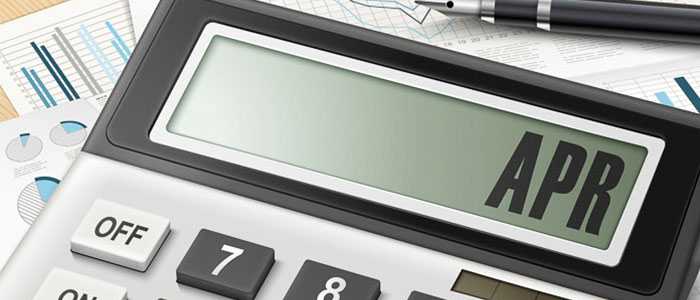Many of us are still concerned about how to afford rising energy bills as we move into winter 2024.
We shed light on what help is available from your energy provider, the government, and debt charities
Help from your energy provider
If you’re struggling financially, your energy provider must offer assistance, especially if you’re finding it difficult to meet your payments each month.
Start by creating a budget. List all your monthly incomings and outgoings, and if you notice that you’re struggling, contact your energy provider right away. They can help you by setting up a tailored payment plan or offering a short-term payment break. Remember, while a payment break may affect your credit score, this impact is less severe than missing payments altogether.
If you use a prepayment meter and are unable to top up, you can ask your supplier for emergency credit. In 2024, the regulator Ofgem reinforced this, ensuring suppliers offer help in times of financial difficulty.
Government schemes for energy bills
There are several government schemes available that you could check your eligibility for.
Warm home discount scheme
Now offering £150 off your energy bills for eligible low-income households. In 2024, the scheme was extended to support more families during the cost-of-living crisis, so it’s worth checking if you qualify. The criteria include those receiving Pension Credit or meeting their energy supplier's low-income criteria.
Household Support Fund
The Household Support Fund was extended into 2024. This scheme provides financial help to those who are vulnerable and in immediate need. Contact your local council to check if you qualify for this additional support.
Cost of living payments
If you receive specific benefits or tax credits, you will continue to receive automatic cost-of-living payments. These payments will offer additional financial help to those hit hardest by rising prices.
Fuel vouchers for prepayment meters
If you're struggling to top up your prepayment meter, you may be eligible for fuel vouchers through your energy supplier or local council. These vouchers help cover the cost of gas or electricity. You can apply via Citizens Advice or your local authority, and vouchers can be used at specific shops to credit your meter.
Energy efficiency schemes
There are several energy efficiency schemes to help reduce long-term energy bills. You may be able to apply for grants which can help with home insulation, upgrading to more efficient boilers, or even fitting renewable energy sources like solar panels.
Discretionary supplier support
Some energy suppliers offer additional support that can include:
- Grants to pay off arrears
- Payment matching (where the supplier matches payments you make)
- Help with energy efficiency improvements like boiler upgrades
These options are generally available on a case-by-case basis, especially for vulnerable customers facing severe financial hardship. The specific support varies by supplier, so it’s essential to contact your provider directly to check if you're eligible for any discretionary schemes.
Cold weather payments
Eligible households can receive £25 for each seven-day period where the temperature falls below zero degrees Celsius. If you're eligible, you’ll receive these payments automatically, and the scheme runs from November to March each year.
Advice from a debt charity
Charities such as Citizens Advice, StepChange and MoneyHelper can offer you free, non-judgmental advice. They can also help to advise on budgeting, negotiate with energy providers, and assist you with applying for available benefits.
What happens if I stop paying my energy bills?
Unpaid bills could result in missed payments being reported on your credit file, damaging your credit score.
In the worst-case scenario, your energy supplier could pursue legal action to file a CCJ against you for the money you owe.
This shouldn’t happen if you speak to your supplier and flag up that you are in financial difficulty. The earlier you do this, the better. Your energy provider may offer support such as a payment plan while you get your finances back on track.
Fiona is a personal finance writer with over 7 years’ experience writing for a broad range of industries before joining Ocean in 2021. She uses her wealth of experience to turn the overwhelming aspects of finance into articles that are easy to understand.
![Email icon]()
Become a money maestro!
Sign up for tips on how to improve your credit score, offers and deals to help you save money, exclusive competitions and exciting products!
Find this useful? Share it with others!









